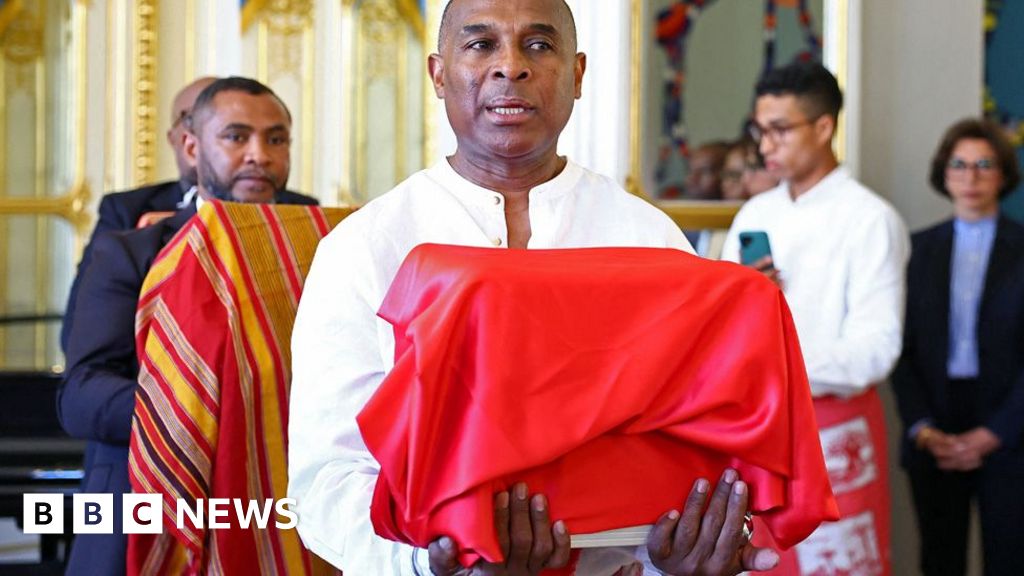Namibia has officially introduced a national day of remembrance to honor the victims of the colonial genocide that took place from 1904 to 1908, marking a significant step in the country's journey toward acknowledging its dark past. Dubbed "Germany's forgotten genocide," this event, commemorating the deaths of over 70,000 Africans, has gained traction after years of advocacy.
The victims, primarily from the Ovaherero and Nama ethnic groups, were systematically targeted for resisting the colonial forces' seizure of their land and livestock. The first observance of this "Genocide Remembrance Day" will occur on May 28, chosen deliberately as it signifies the date in 1907 when German authorities declared the closure of concentration camps following international pressure.
Despite the establishment of this new holiday, Namibia's President Hage Geingob has called for Germany to take greater accountability, urging the nation to issue a formal apology and pay reparations, a demand long championed by the descendants of genocide victims. Although Germany recently acknowledged the atrocities and offered development aid amounting to €1.1bn over three decades, many Namibians, including those directly descended from the victims, believe it falls short of true reparative justice.
Statements from community representatives criticize the lack of substantial measures and the exclusion of victim groups from negotiations. Some activists continue to seek the restitution of land seized during colonial rule, reflecting a broader aspiration for justice that transcends monetary compensation.
Historians note the tragedy's irony as Germany had previously exacted its own reparations from the Ovaherero and Nama, further complicating the narrative around their colonial legacy. The historical extermination orders and subsequent concentration camps serve as powerful reminders of the past, with many atrocities documented to highlight the extent of suffering endured.
As Namibia embarks on a path of healing, the road ahead remains fraught with challenges. The commemoration is a pivotal moment for reflection and hope, but the quest for recognition and justice continues – a journey echoed by the sentiments of many Namibians who demand more than just words in honoring the legacy of their ancestors.




















